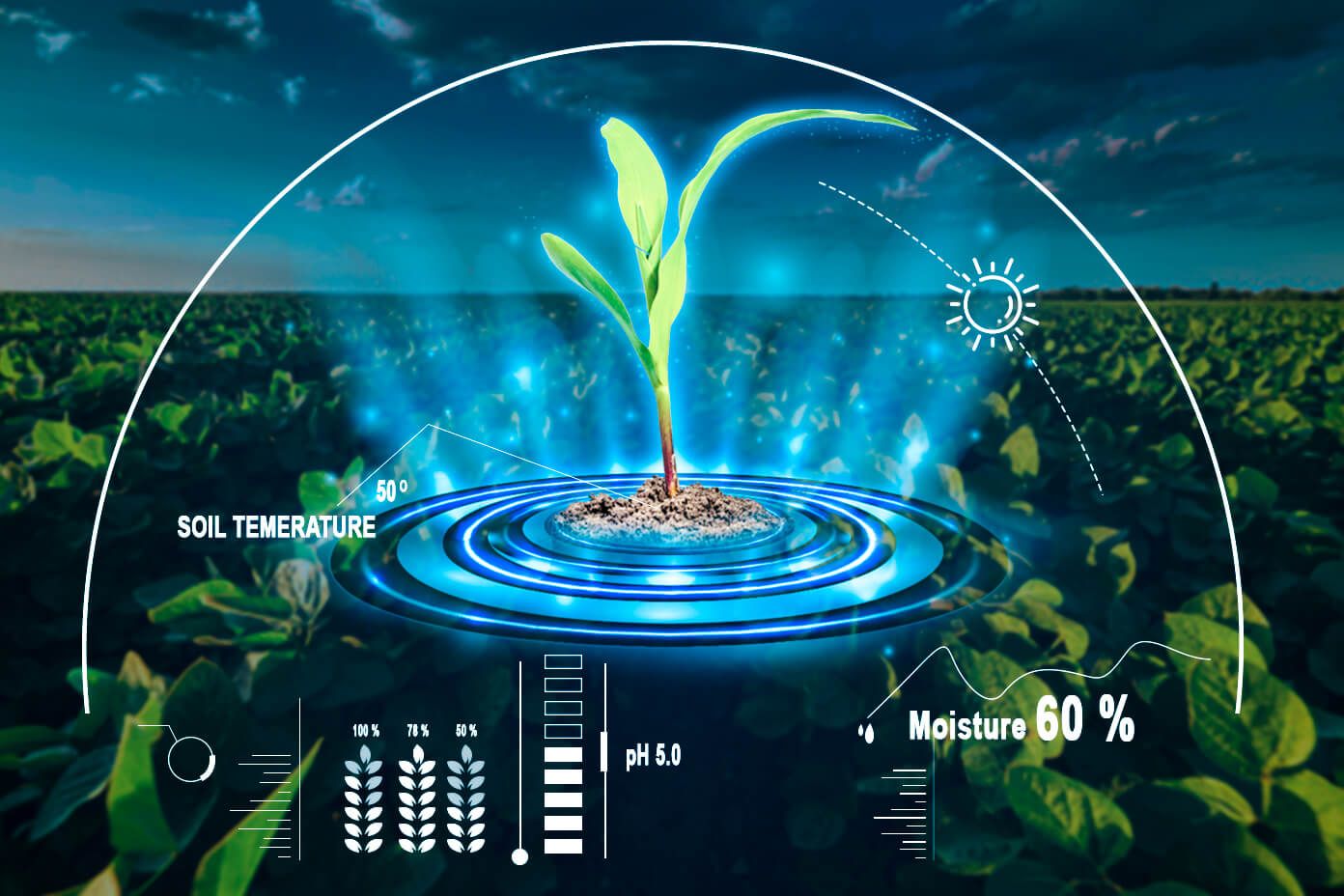Food Crisis and Biotech to the Rescue

Food insecurity and chronic hunger are major recurring problems that exist in developing countries. Several approaches, including biotechnology, have been explored to cope with emerging issues of climate change and natural disasters that handicap poorly funded farmers. The countries in Southern Africa, including Zimbabwe, Zambia, Mozambique, and Malawi, are the most badly impacted.
Climate change has been exacerbating food insecurity across sub-Saharan Africa. Due to natural events such as floods, global warming, draughts, etc., basic agricultural practices have been failing. It has not been able to meet up with the increasing demand for food due to the increase in population and inflation.
The introduction of biotechnology, or biotech in transforming the agricultural sector has been focused on genetic modification (GM) of crops. The anticipation of GM crops is centered on the excitement that crops will bigger and better and could possibly relieve global food shortages.
Biotech in agriculture
Biotechnology includes genetics, artificial intelligence (AI), microbiome research, and others. The agricultural biotech business has risen from $3 billion in 2017 to $6.2 billion by 2020, with companies raising $262 million in 2022.
Besides agriculture, biotech applications have been a part of several industries throughout the years, including medical, agriculture, genetic engineering, etc. However, not so many countries in Africa have benefited from its many benefits.
The benefits that biotech offers can encompass a variety of agricultural applications. These include the ability to manage livestock, store agricultural goods, and maintain present crop yields while using fewer pesticides, herbicides, and fertilizers.
The application of biotech in agriculture is multifaceted and covers a variety of benefits. These include an increase in crop production, fresher and better taste, better crop protection, disease and drought tolerance, and an increase in nutritional value.
Application of Biotech for food security
A reduction in food insecurity and hunger in developing nations can be facilitated by export revenues from increased agricultural production. With biotech innovations invested in the agricultural sector, agricultural production can experience a significant shift in scale from small to large.
In addition to scale, the quality of products plays a vital role in creating value for their worth. Genetic engineering and rDNA technology, tissue culture, molecular-gene markers, micropropagation, and lots more have changed the dynamics of food production.
A major significance of GM in crop production is the increase in shelf life. An example is the modification of one of the most consumed vegetables in the world, tomatoes. Naturally, tomatoes possess a minimum shell life. However, the use of antisense RNA to modify the genetics of tomatoes has proven to produce a much firmer tomato with a longer shell life.
Food Crisis in Southern Africa
South Africa is known to have the most industrialized, technologically advanced, and diversified economy in Africa. Its economy is the second largest in Africa, yet it is unable to escape food insecurity. The compounding issues of climate change, the COVID-19 pandemic, floods, and drought have manifested in food shortages in the country.
According to a news report, one in ten South Africans suffers from a lack of food every day. This situation has led to an increase in malnutrition among growing children. Consequences of this outcome include stunted growth, obesity, heart disease, stroke, and some forms of cancer that account for about 40% of total deaths in the country.
This shows that there is a gap in agriculture as regards food production in the country. Investing in agricultural biotechnology is the only way forward to meet the hunger situation in the country. With the advent of startups invested in agritech and biotech, the face of the agriculture industry in South Africa, promises to have a new look.
Examples of successful agritech start-ups include ThriveAgric of Nigeria, Kenya’s DigiCow, and Botswana-based Brastorne Enterprises. These startups have been able to increase farmer income and output while modernizing operations on small-scale dairy farms with digital technologies
Sub-Saharan Africa is quickly digitizing and bridging digital divides with the rest of the globe. As governments and private sectors deal with the unexpected consequences of the COVID-19 epidemic, digital solutions have become increasingly important.
In addition to providing a more effective alternative to manufactured food, biotechnology also advances traditional plant breeding techniques. It offers an interesting and ecologically responsible solution to satisfy consumer demand for sustainable agriculture when combined with other sophisticated agricultural technology.
In conclusion, agricultural biotechnology has the promise of advancing agricultural yield, enhancing production, and enhancing global food security. More green revolutions might materialize once the advantages of GM crops are realized by small and marginal farmers.
